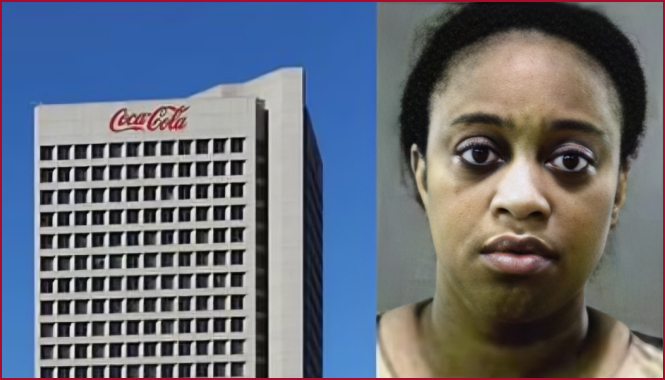In 2007, Joya Williams, a former Coca-Cola executive assistant, was convicted of conspiracy for attempting to sell the company’s trade secrets—specifically, its highly guarded formula—to rival PepsiCo.
The case, which involved undercover investigations by the Federal Bureau of Investigation (FBI), serves as a textbook example of corporate espionage, legal liability, and ethical business practices.
Background of the Case
Williams, who worked as an administrative assistant to Coca-Cola’s global brands director, allegedly conspired with two co-defendants, Ibrahim Dimson and Edmund Duhaney, to steal proprietary documents and confidential samples from the company.
According to the U.S. Department of Justice, the group attempted to sell these materials to PepsiCo for $1.5 million. However, rather than exploiting the opportunity, PepsiCo reported the breach to Coca-Cola, which then alerted federal authorities.
In May 2006, an individual claiming to be a Coca-Cola employee approached PepsiCo with an offer to sell sensitive information.
Instead of engaging, PepsiCo turned the letter over to Coca-Cola, prompting the company to involve the FBI. A sting operation was launched, during which an undercover FBI agent, posing as a PepsiCo executive, facilitated transactions with the conspirators.
Legal Proceedings and Conviction
Williams and her co-defendants were indicted in July 2006. While Dimson and Duhaney pleaded guilty to conspiracy, Williams maintained her innocence, arguing that she had been set up by her co-conspirators. Her defense attorney, Janice Singer, contended that Williams had no involvement in the attempted sale and was merely a victim of manipulation.
However, federal prosecutors presented compelling evidence, including surveillance footage showing Williams handling confidential documents at Coca-Cola’s headquarters, as well as phone and financial records linking her to the scheme. The prosecution framed the case as one driven by “greed and poor choices.”
Ultimately, Williams was convicted of conspiracy to commit wire fraud and sentenced to eight years in federal prison. Her conviction underscored the serious legal consequences of corporate espionage and intellectual property theft.
Legal and Ethical Implications
The Coca-Cola espionage case highlights several key legal principles, including trade secret protection under the Economic Espionage Act of 1996 (18 U.S.C. § 1831-1839). This federal statute criminalizes the misappropriation of trade secrets for economic gain, with penalties including fines and imprisonment.
Additionally, the case serves as a reminder of the importance of corporate compliance programs, whistleblower policies, and ethical decision-making within organizations. PepsiCo’s swift response in notifying Coca-Cola rather than capitalizing on the stolen information exemplifies corporate responsibility in maintaining fair competition.
Conclusion
Joya Williams’ case remains a cautionary tale of corporate betrayal and legal accountability. It reinforces the necessity for companies to safeguard proprietary information while emphasizing the severe consequences of engaging in corporate espionage. As businesses continue to navigate an era of heightened cybersecurity threats and data breaches, legal frameworks protecting trade secrets remain more relevant than ever.

